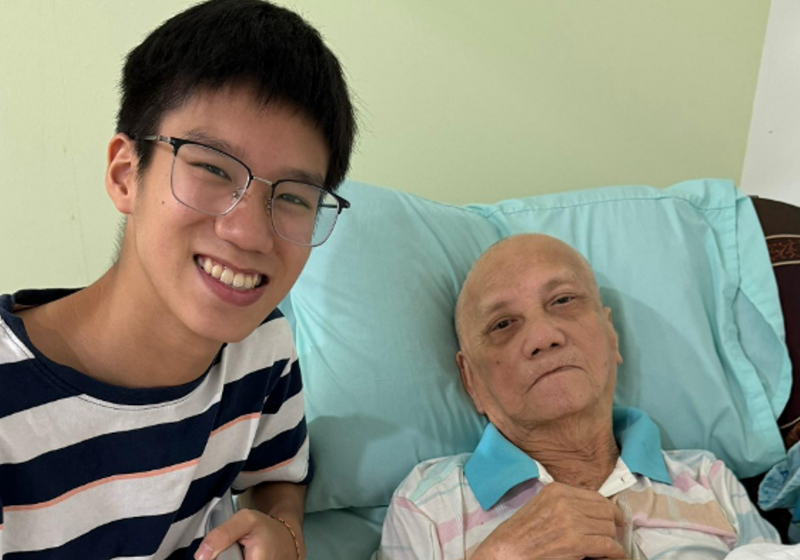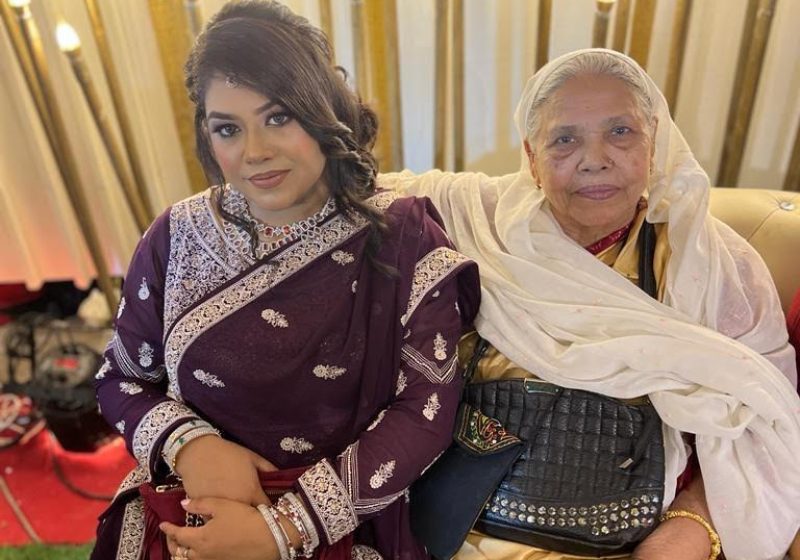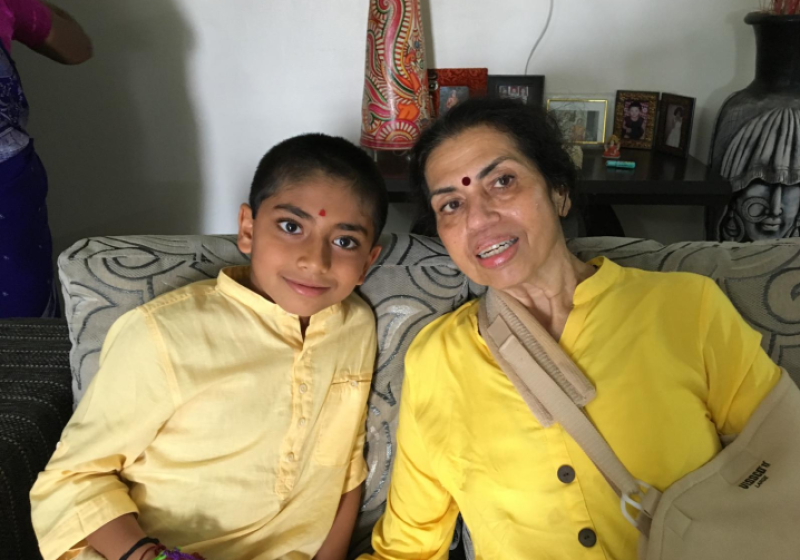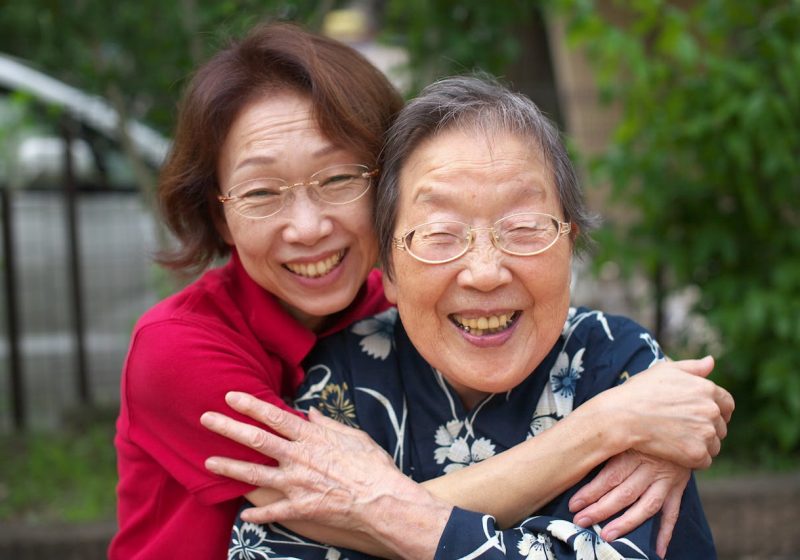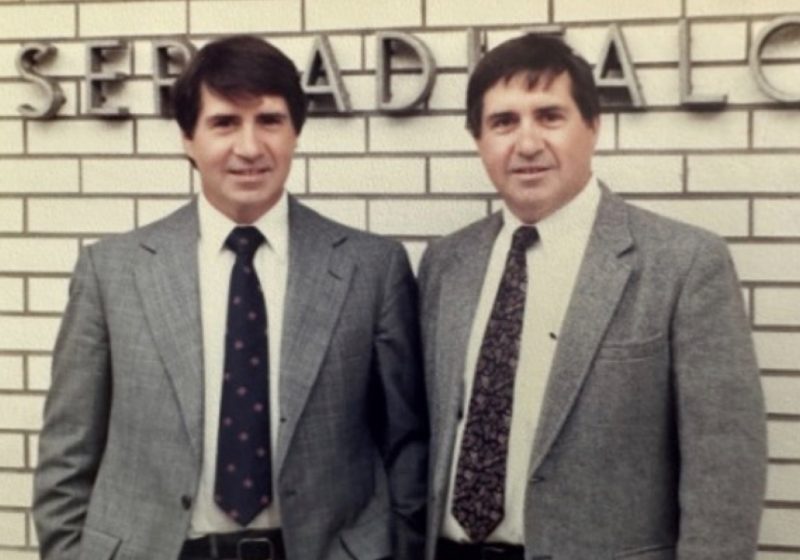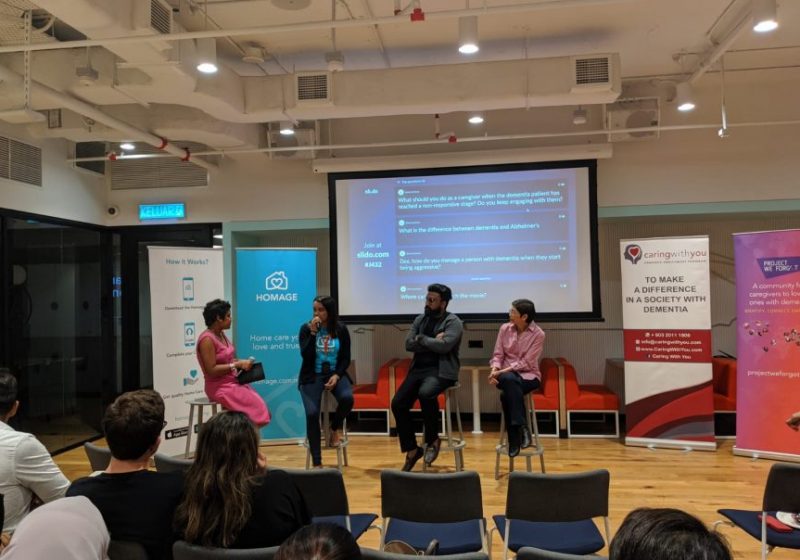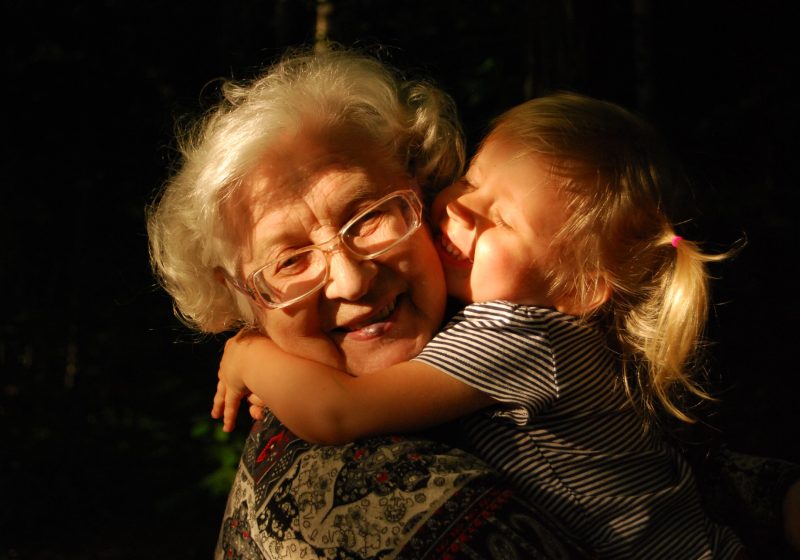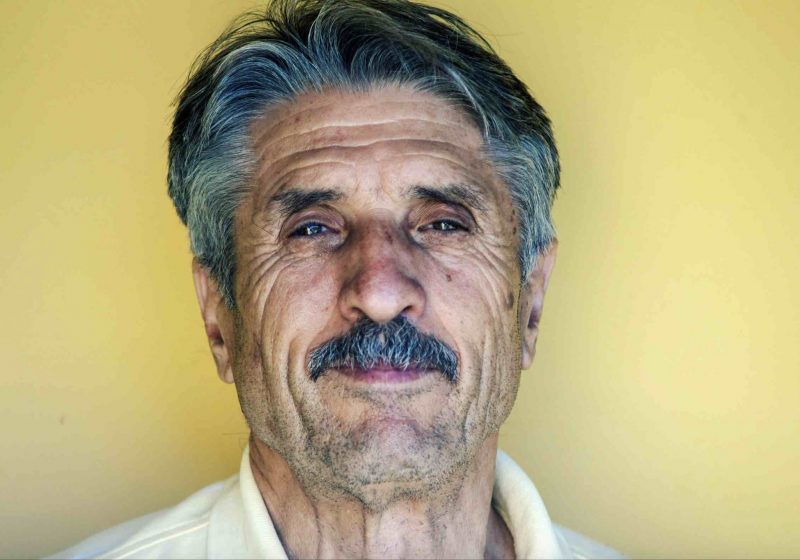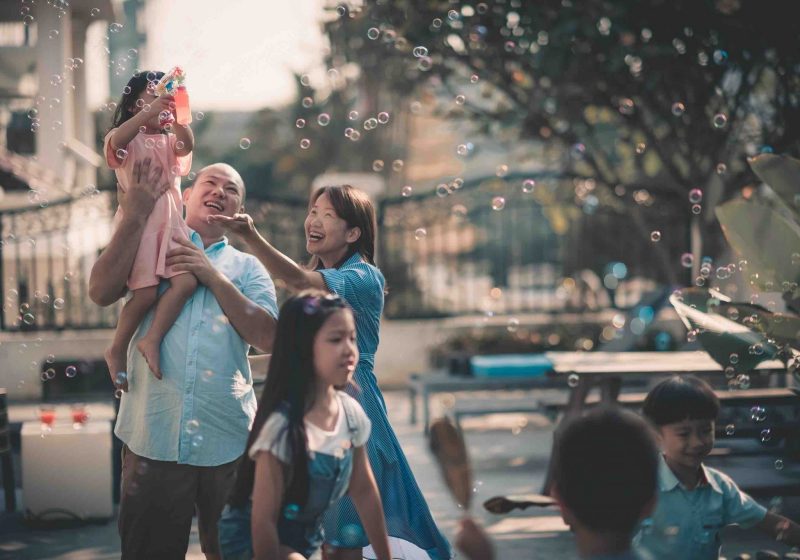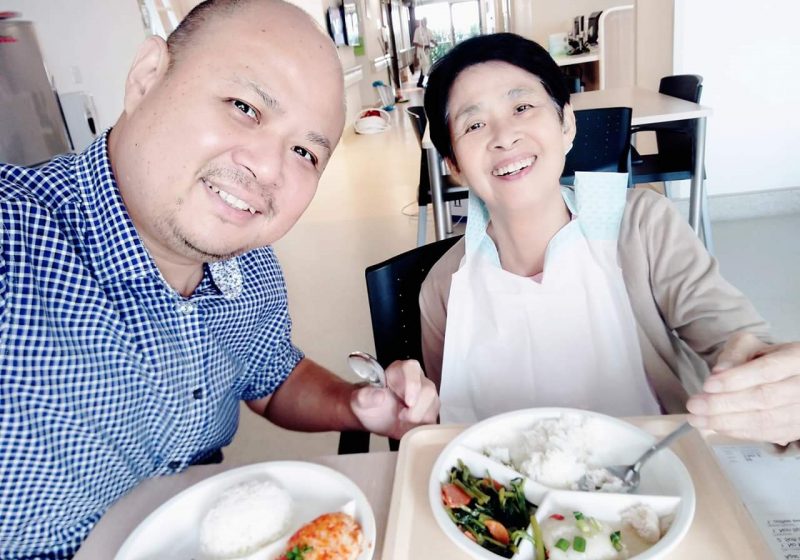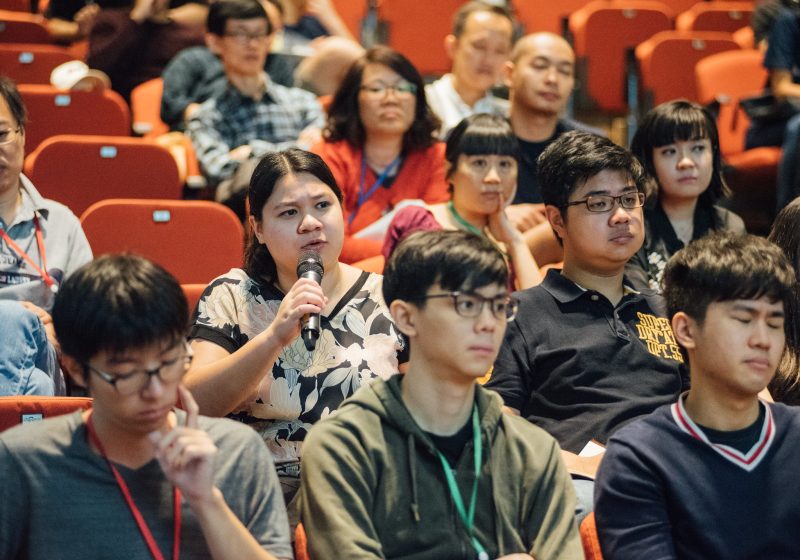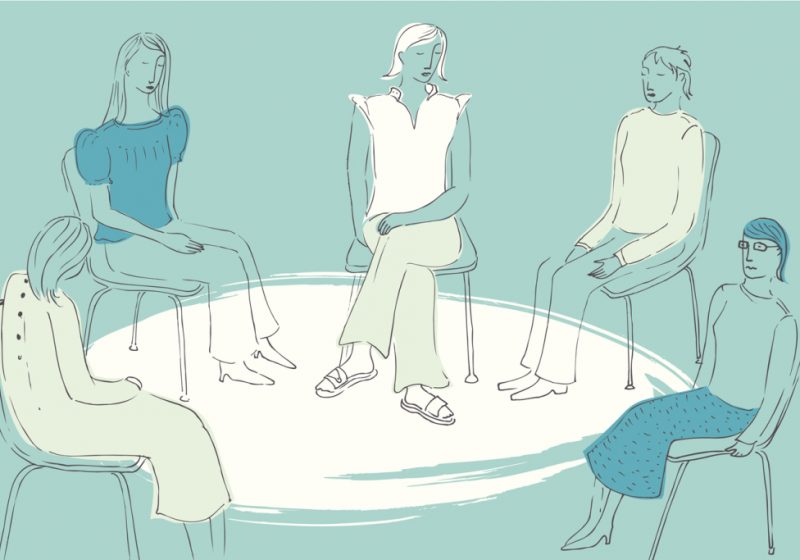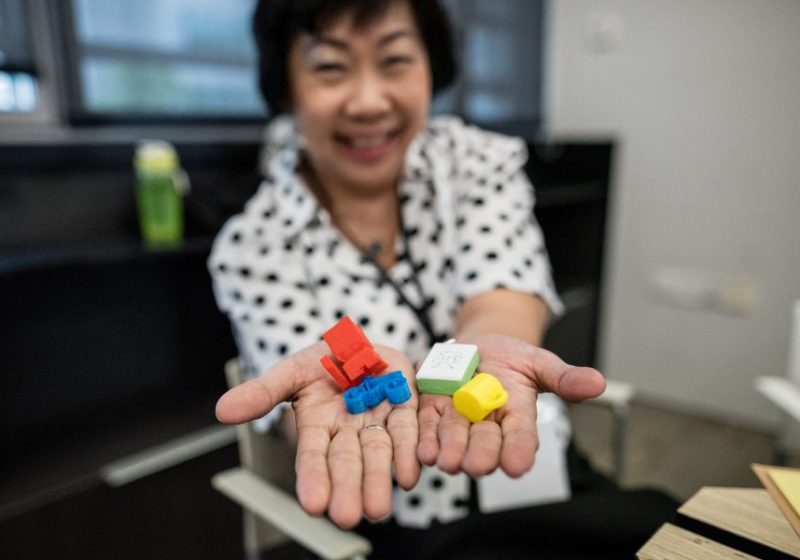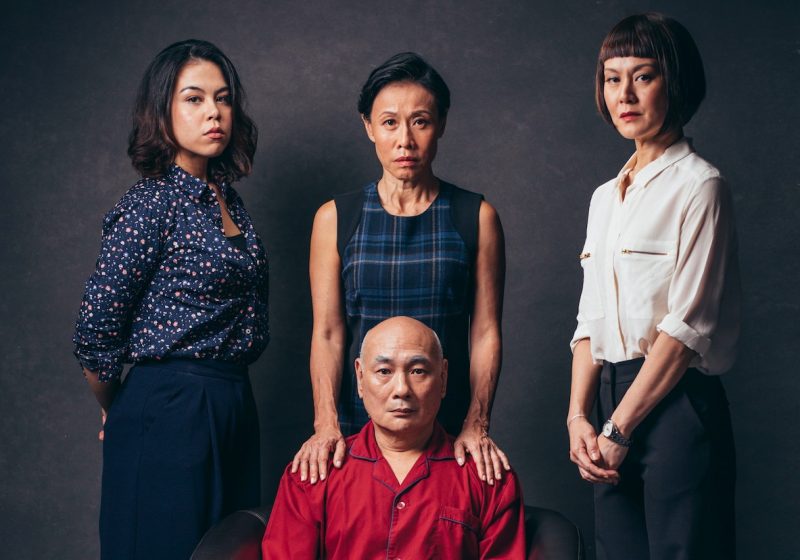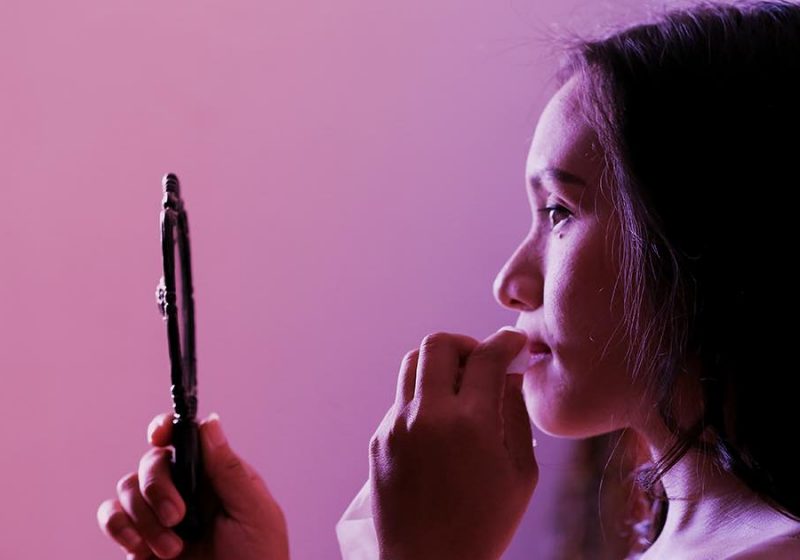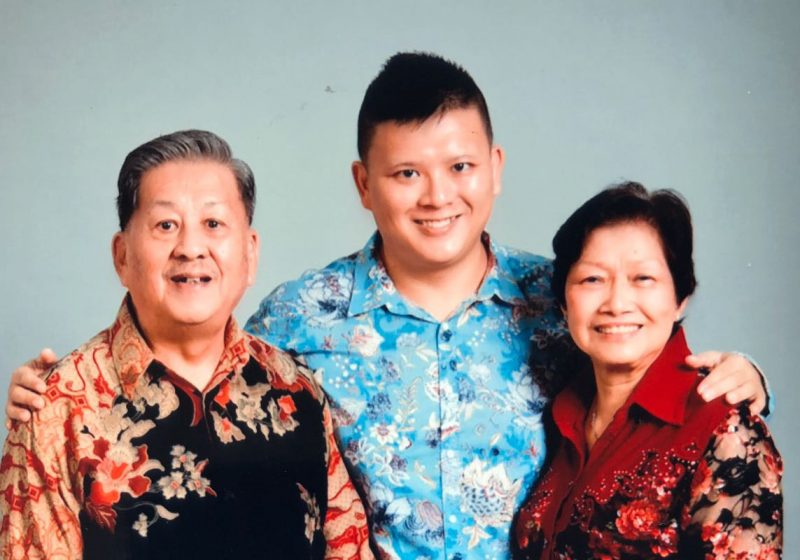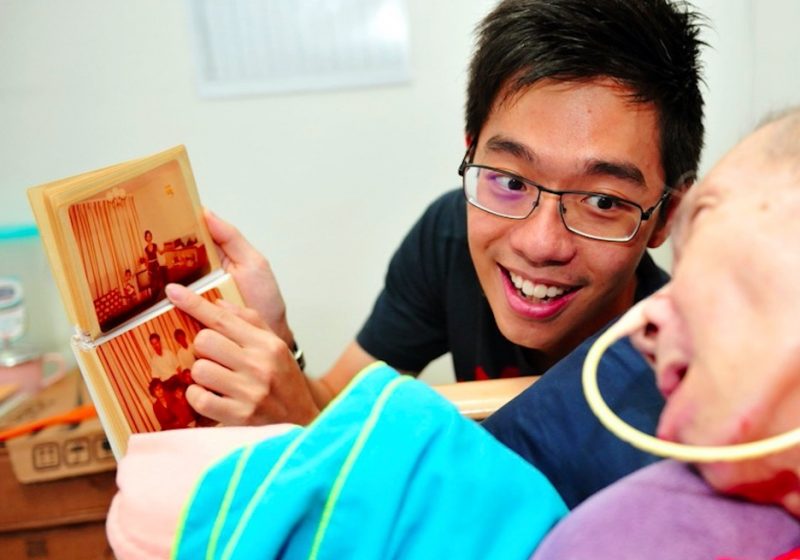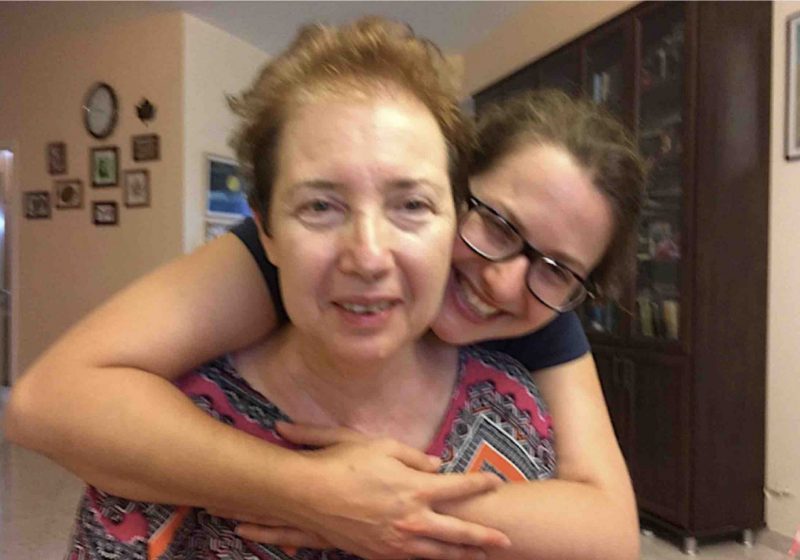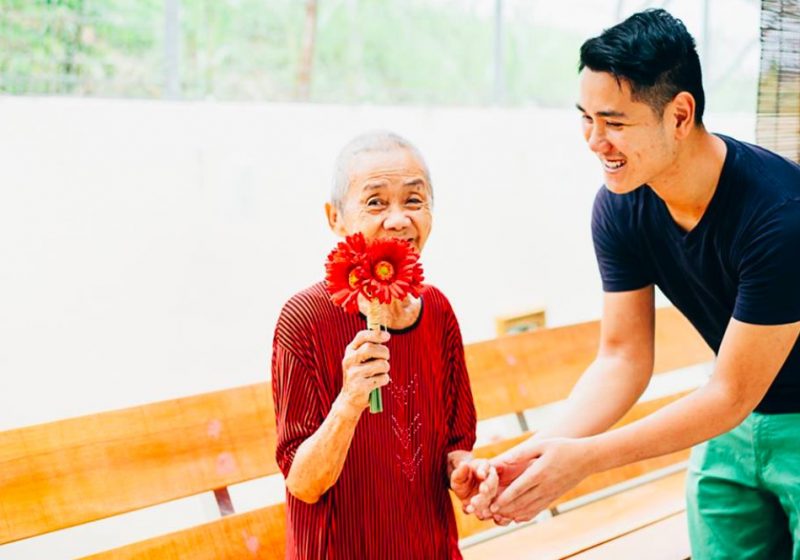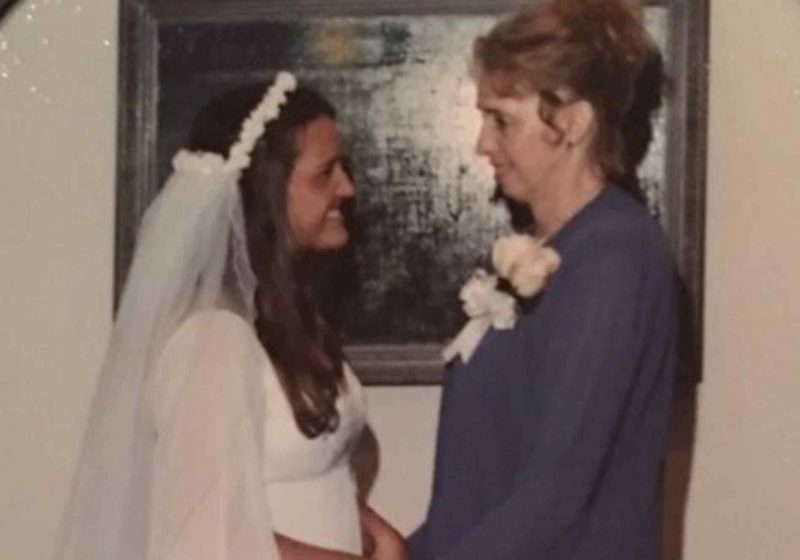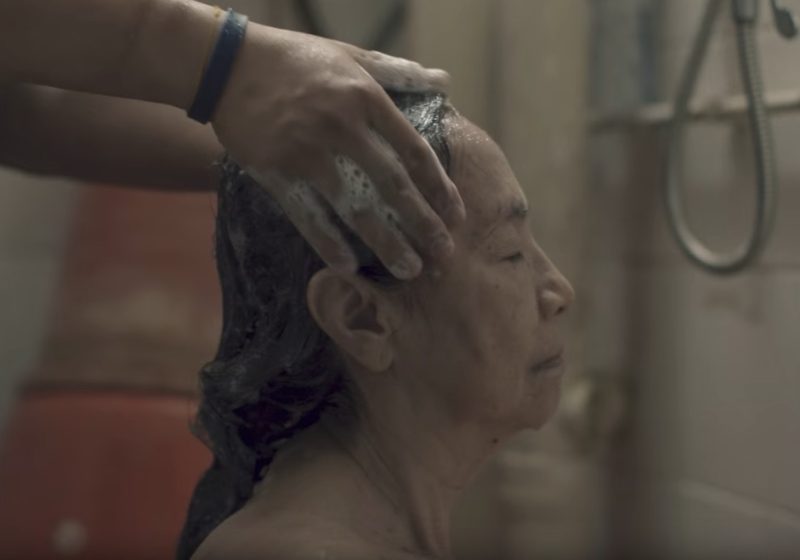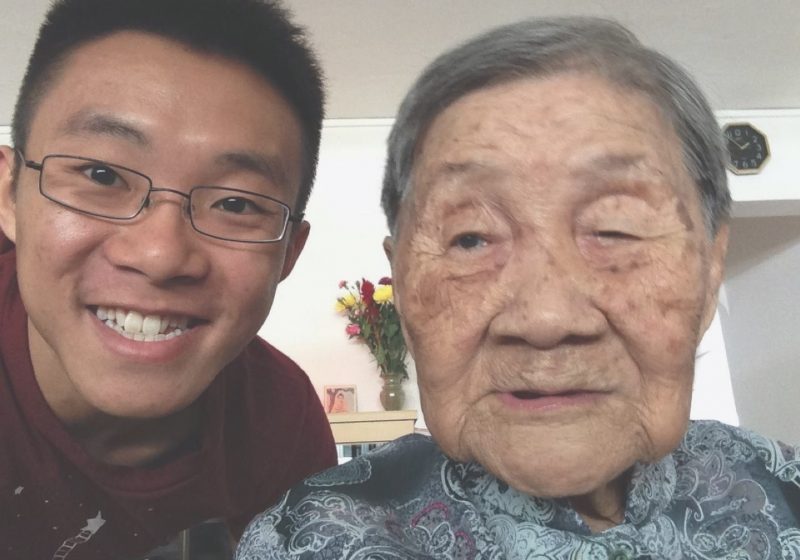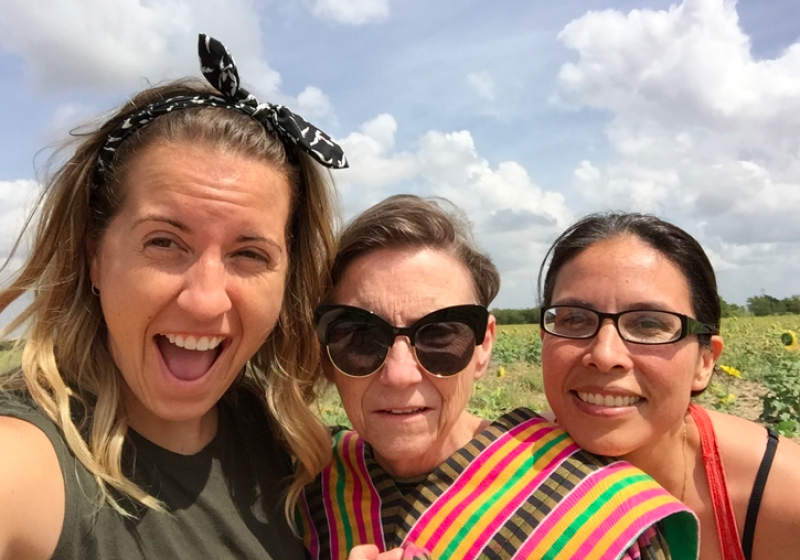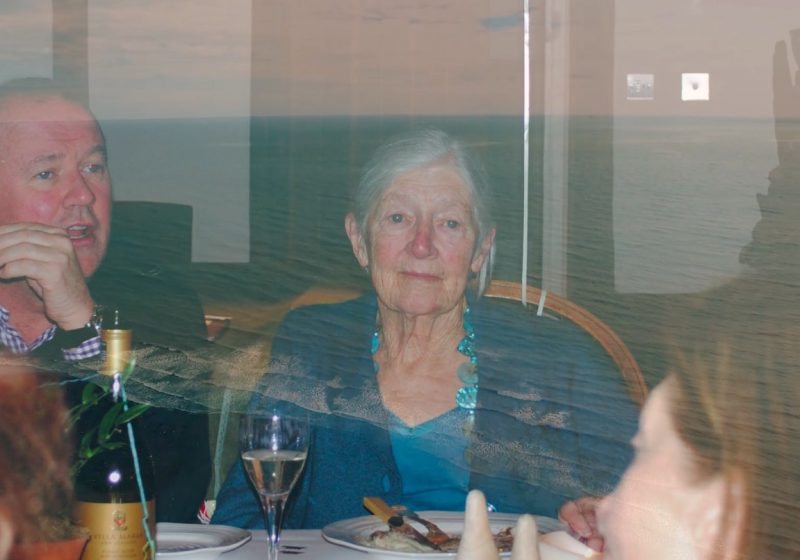How we do pack all the milestones in life between 13 and 35, care for the person we love and be totally okay? The daily stress of worrying about the person we love living with dementia.
By Joanna Sun

When I ask for people to tell me who they think of when we talk about a caregiver for a person with dementia, I’ll always hear the same demographics. People will usually say that the caregiver is a Female, between 45 to 65 years old, they may be a spouse or a daughter, or a daughter in law.
However, we all know families are not that simple, and when it comes to care and family, there are many different strategies that families take to care for their loved ones.
From grandchildren who are primary caregivers for their grandparents, a child caring for their parent with young onset dementia or a child or grandchild who is working together with parents or a parent to care for a loved one with dementia, the algorithm is mindboggling. At the end of the day, we all do what we can as a family unit to make it work and provide the best care for the person we love.
With growing sandwich generations living in intergenerational households, escalating the cost of healthcare and the growing number of individuals living with age-related or younger onset dementia, there is a rising number of younger adults 35 years and under that are filling the shoes of young caregivers.
Being young has its advantages and disadvantages. Not everyone will agree, but as a youth, a person between 13 and 35 years of age, we are stereotypically perceived to be in the prime of our lives. A boundless amount of energy, excellent health, time to spare, no stress or responsibilities, no bills, and money to spend on pampering ourselves with travel and self-indulgent activities. We could be in school, university, starting to carve a career for ourselves or even starting a family.
When a young adult steps up to become a caregiver for a person with dementia, people assume that it should be easy for us, and we don’t need the support. Why should we?
After all, a 13-year-old us would all know all about caring for a person with dementia from the get-go. 15 year old us would have supportive friends in school who understand all about dementia and will rally around us and not isolate, jeer or bully us. 17 year old us would know all about time management and purchase services for our loved one living with dementia.
20 year old us juggling university and a part-time job will be able to provide care without any anxiety about losing the roof over their heads. 24 year old us will not feel isolated or depress as we try not to mess up a new job, staying awake during work hours while providing care for our loved ones. 26 year old us struggling to juggle work and care can have employers understand the situation we are in because we’re only here 2 years and yes we look dog tired, and no we are not out partying every night. No, really.
At 28, family members are asking why we don’t have many friends or have not found a partner. At 30 years of age, if we have a partner, are we constantly worried that they might one day feel like they’ve had enough and walk out of the relationship because we have to spend quality time with the person we are caring for? With only 32 or 35 years of life experience, are we resilient enough to not develop any mental health conditions given all the adversity experienced by us from a young age?
How do we pack all the milestones in life between 13 and 35, care for the person we love and be totally okay? The daily stress of worrying about the person we love living with dementia. Why is there so little support for young caregivers of people with dementia? Why have we been forgotten, don’t we deserve the same level of support as any other caregiver?


